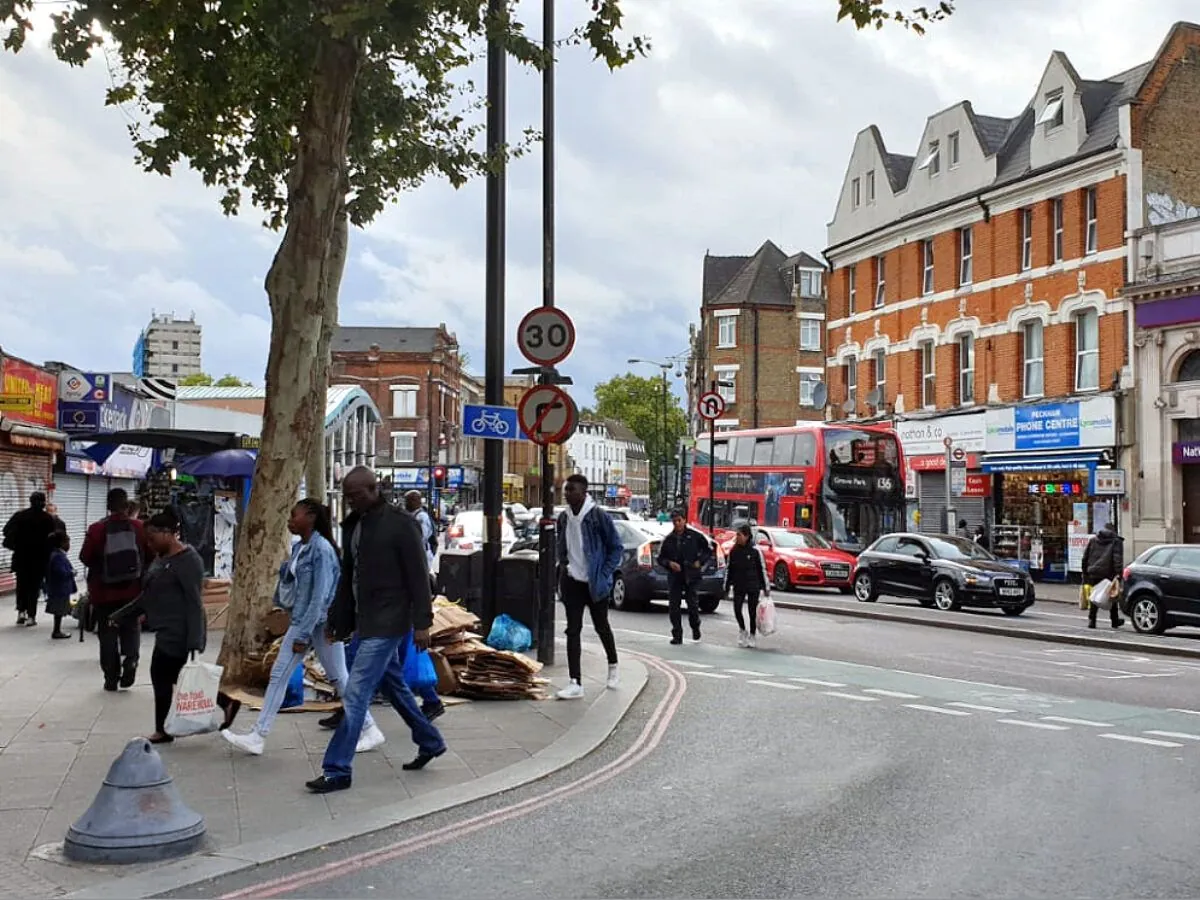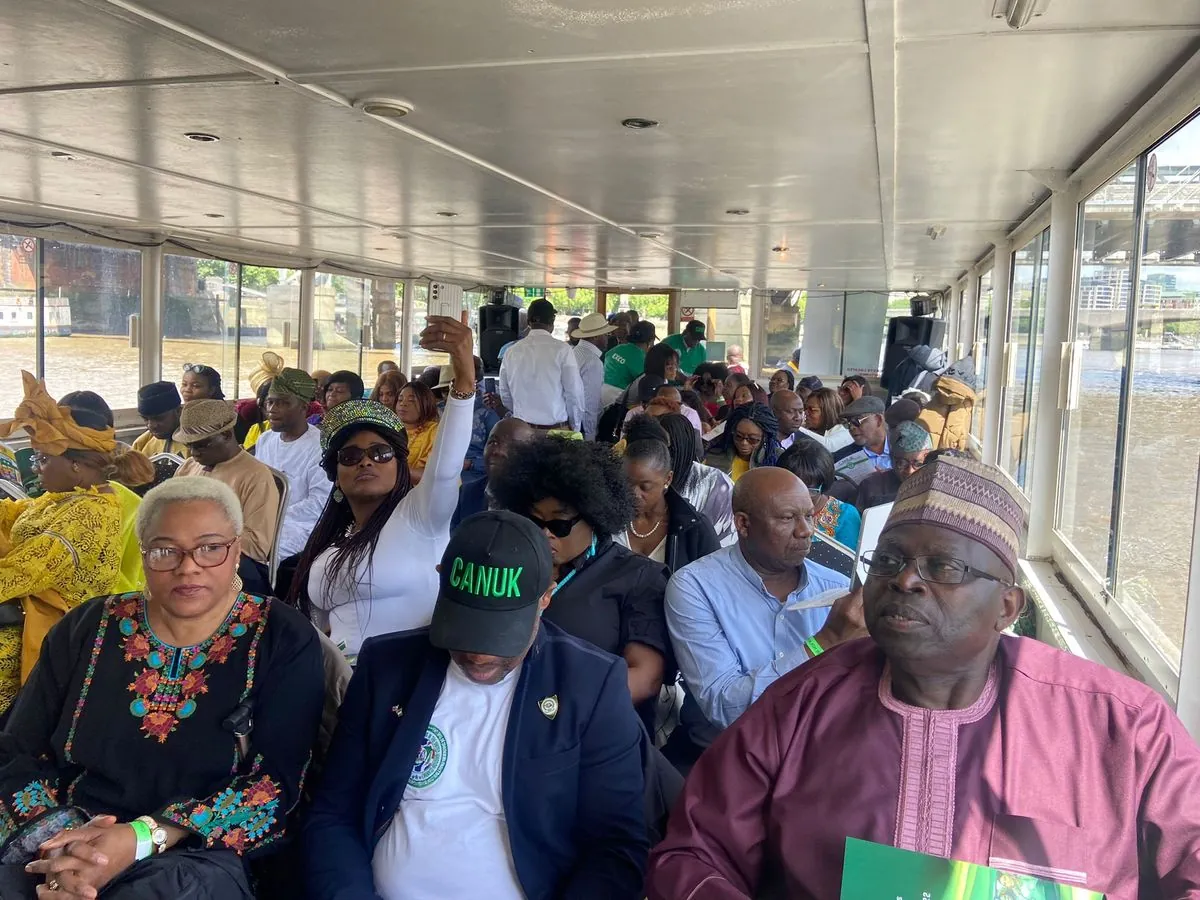Nigerian Immigrants in UK Face Unexpected Turmoil Amid Violent Riots
Nigerian immigrants in the UK grapple with safety concerns as violent riots sweep the nation. Government reassurances and counterprotests offer hope amidst growing tensions and uncertainty.

In recent weeks, the United Kingdom has experienced a surge of violent riots, leaving many immigrants, particularly those from Nigeria, feeling vulnerable and uncertain about their future. This unexpected turmoil has shaken the perception of the UK as a safe haven for those seeking a better life.
Steve Okeke, a 34-year-old Nigerian immigrant who moved to the UK approximately 2 years and 2 months ago, exemplifies the challenges faced by many in his community. After settling in Chester, a city with a rich history dating back to Roman times, Okeke found himself confronted with a reality far different from his expectations.
"I never expected to witness something like this here. I thought we had escaped this sort of thing and can only see it back home."
The recent riots, triggered by a tragic incident in Southport, have primarily targeted Muslim immigrants, asylum-seekers, and people of color. Far-right groups have exploited the situation, fueling anti-immigrant sentiment through misinformation campaigns. This escalation of violence has led to over a dozen towns and cities across England and Northern Ireland experiencing riots, arson, and looting.

For many Nigerian immigrants, the current situation evokes memories of unrest in their home country. Nigeria, the most populous nation in Africa, has a history of political and religious conflicts, particularly in cities like Jos. The UK, with its long history of immigration and diverse population, was seen as a refuge from such turmoil. However, the recent events have challenged this perception.
The UK government has responded swiftly to the unrest. Prime Minister Keir Starmer has condemned the far-right groups responsible for inciting violence and promised to prosecute those involved in the riots. Law enforcement agencies have made nearly 600 arrests, with expectations of this number tripling in the coming weeks. Additionally, the government has announced plans to create over 500 new prison spaces to accommodate arrested rioters.
Despite these measures, many Nigerian immigrants remain cautious. Chinedu Onyigbuo, a Nigerian resident in the London area, describes the heightened sense of alertness among the community:
"I'm very careful wherever I'm going, and that's the only way to keep yourself safe. I keep my ears open, listening to news to know what's going to happen in the next minute. I'm on alert."
The Nigerian government has responded to the situation by issuing a travel advisory for its citizens planning to visit the UK, warning of an "increased risk of violence and disorder." This marks the first such advisory issued by an African nation since the riots began.
Amidst the turmoil, there are signs of hope. Counterprotests and anti-racism demonstrations have been organized across the UK, with many more planned in the coming days. These events aim to denounce the ongoing riots, support the migrant community, and back the government's efforts to restore peace.
The UK's diverse population, with over 300 languages spoken in London alone, has long been a source of strength and cultural richness. As the nation grapples with these challenges, many, including Steve Okeke, remain committed to building a better future in their adopted home.
As the situation continues to evolve, the resilience and determination of Nigerian immigrants and other affected communities will be crucial in overcoming these unexpected obstacles and reaffirming the UK's reputation as a welcoming and inclusive society.


































